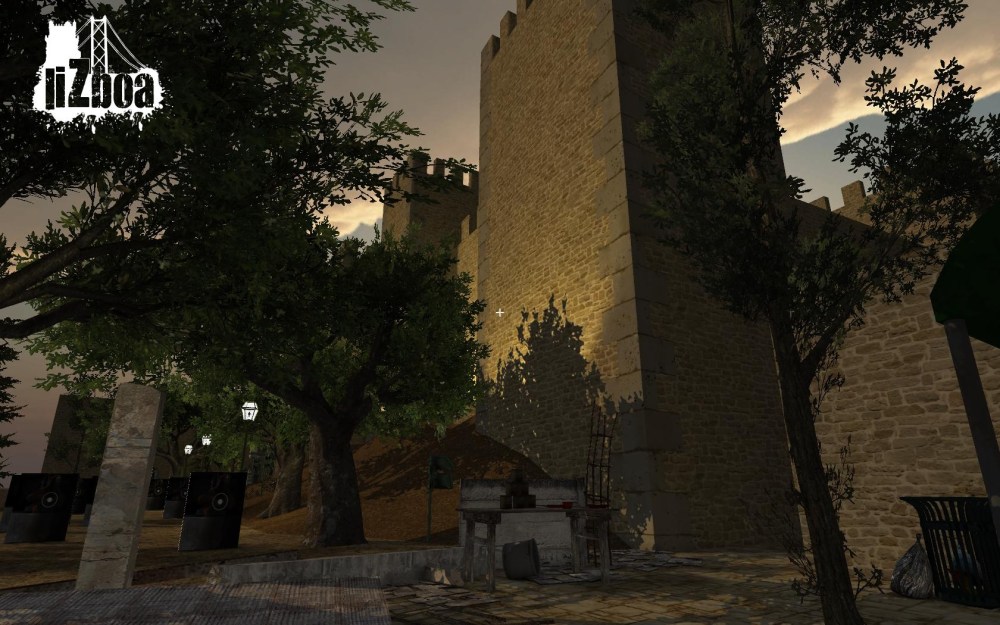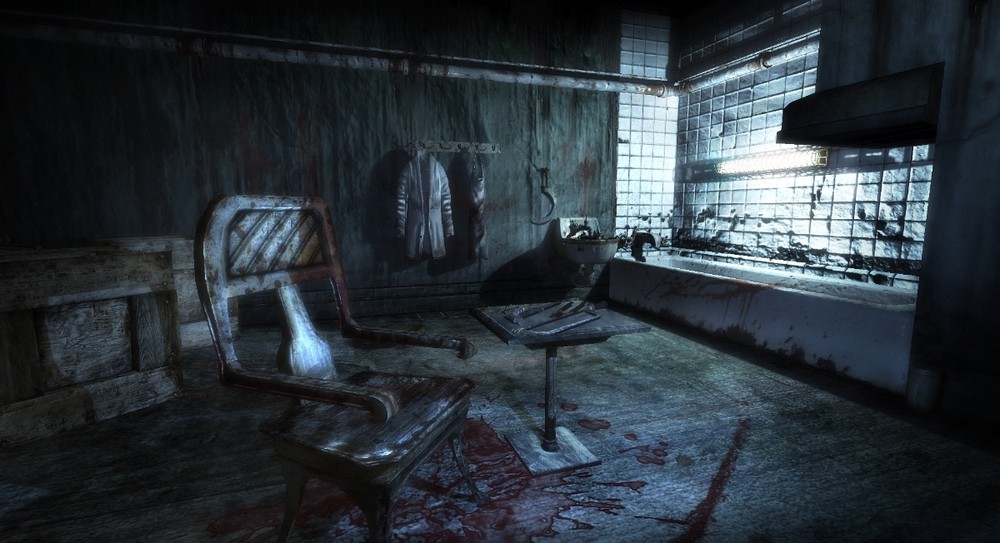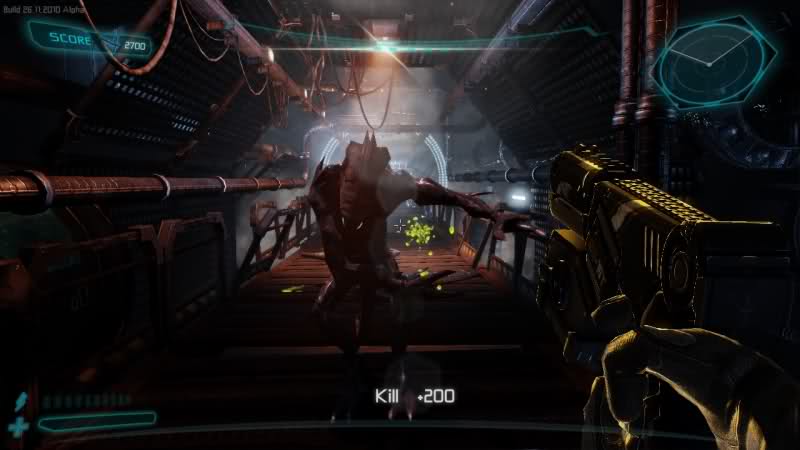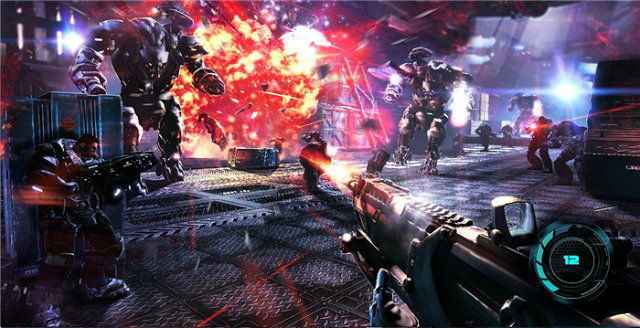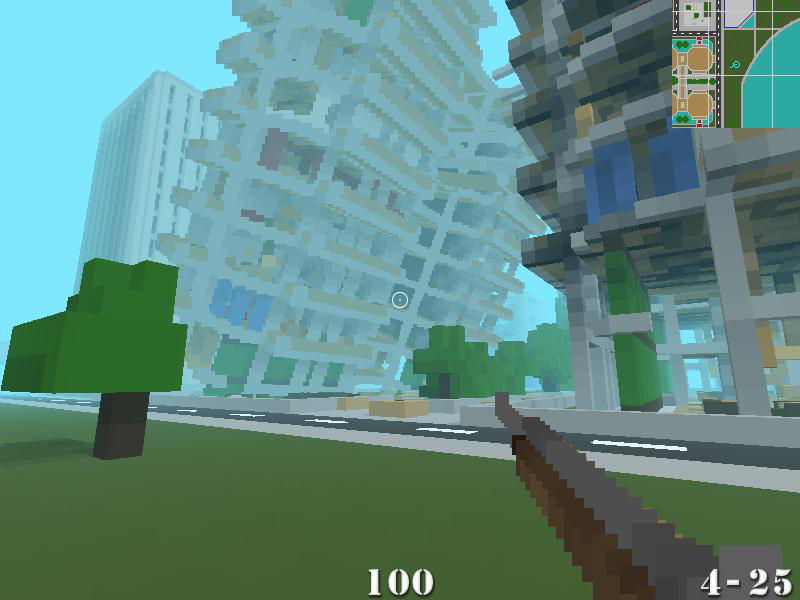Heartland (originally titled “Homeland” in its early stage) is a cancelled FPS in development by Incognito Entertainment / SCEA, planned to be released on the PSP. The project was conceived by David Jaffe as a mature shooter focused on making players thinking about their decisions and the consequences of war, with political themes related to George W. Bush’s administration and their “war on terror”.
Jaffe wanted to arouse players’ emotional reactions with a strong setting and series of dramatic events, which would have been directly affected by their choices during the game. A couple of examples of these difficult / morally ambiguous decisions would be to “blow up a bridge, stranding the townspeople, but preventing the ground assault” and “obey or disobey the order to douse an innocent family and their house with gasoline, and set them on fire”.
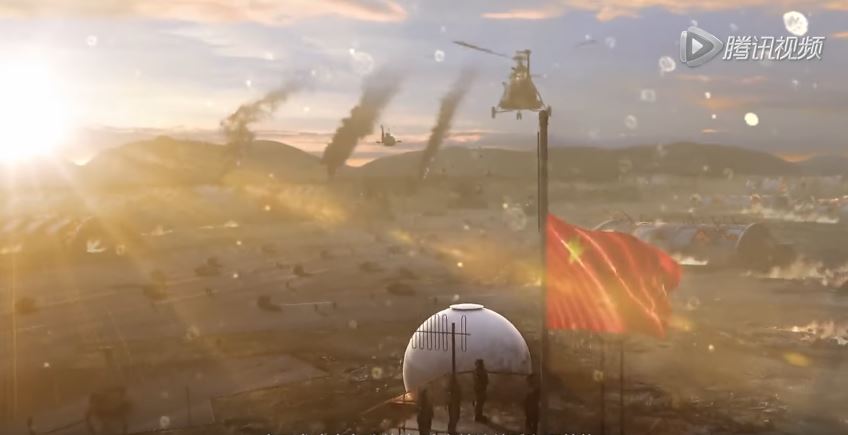
Heartland was meant to be a metaphor of the real US invasion of Iraq in 2003, with North American being the invaded country by a foreign army. The game was to be set in “heartland” of the US in an alternate history in which China invaded America. The main protagonist was a soldier debating whether to stay in the army and fight for America or go AWOL to find his family. As revealed by Jaffe in a few articles on 1UP and Escapist:
“On one hand, it was supposed to be emotional, we wanted players who are sensitive types like myself – that cry at Hallmark commercials – we were hoping that those types would actually cry, and that other players would still feel something that came close to an emotional response.”
“We were trying to put in a lot of gameplay that would evoke emotion. You had sequences where you’d go into homes and your commanding officer would tell you to shoot innocent Chinese-Americans. It was very dark and was meant to cause players to consider what it’s like to live in America and be an American today.”
“It wasn’t supposed to make you hate the Bush Administration so much as, as a layperson political junkie, it was supposed to put into light – using games as a medium – all the things I didn’t like about the Bush Administration.”
The team planned to use many different and original ways to unfold Heartland’s story and its themes, for example by letting players to find a tape they could watch: initially one would see the execution of a Chinese soldier, but by rewinding the tape you could discover older footage with the soldier’s family during a vacation at Disneyland.
The Incognito team was full of talented developers and after their experience on the PSP with Twisted Metal: Head-On they were planning on making a full 1st person shooter experience to “create the definitive shooter for the PlayStation Portable.”
You can imagine Heartland’s gameplay as an open ended FPS, with several objectives in each area and many different ways to resolve them. It was meant to be more similar to a “Deus Ex” set in a contemporary american settings than another “Call of Duty” or “Battlefield”. As said by Jaffe “I was really excited about creating this almost homage to Deus Ex.” On his old blog Jaffe wrote:
“HEARTLAND: Was going to be a return to more old school, opened up single player (and co-op) Goldeneye/Doom II style level design. Plus a little Deus Ex thrown in, in terms of multiple solves, as much emergence as we could intentionally create (not the mention the happy surprises)”
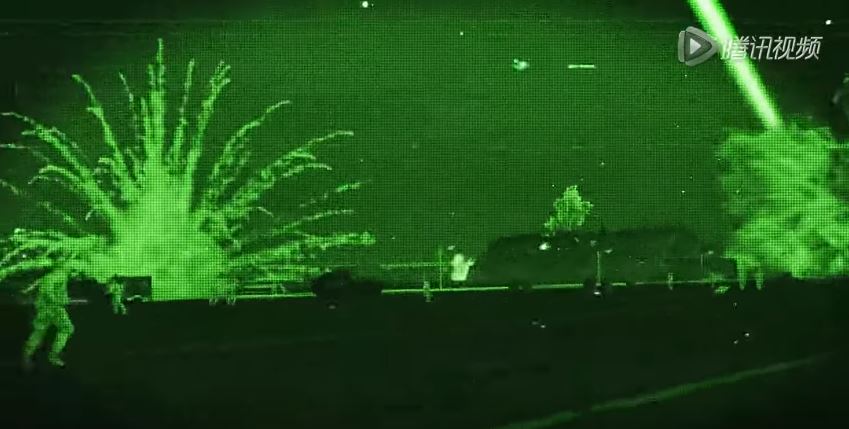
Unfortunately Heartland would never seen the light of day: the team worked on the project for about 6 or 8 months, creating concept art, 3D models and an early engine running on the PSP, before most of them were moved to the Warhawk team to help finishing the game. As more and more people left the Heartland team, they thought to cut some parts (such as the planned multiplayer mode), but in the end with less than 10 people available it was clear they did not have enough resources to fulfill their original concept. For Sony Warhawk was a much more important project to complete and it had the priority over an ambitious PSP game.
With such a small team David Jaffe and Scott Campbell left Heartland behind and decided to start a most suitable project, which later became “Calling all Cars“, released for Playstation Store in May 2007. In mid 2007 Incognito was splitting to create two new studios: Eat Sleep Play lead by Scott Campbell and David Jaffe – which later created Twisted Metal (2012) – and Lightbox Interactive lead by Dylan Jobe – which later created Starhawk (2012).
Unfortunately we still did not save any image from Heartland (the ones you see in this article are from random videos related to the chinese army), we got in contact with a few former developers who worked on the game but they did not have any screenshot or concept art anymore. If you know someone else who worked on this lost game, please let us know!

